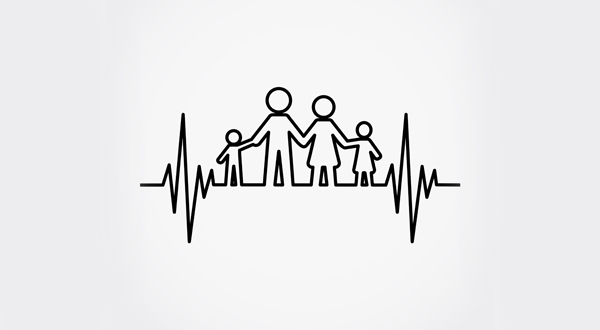
The employer is only obliged to pay wages and the overtime hours worked based on the minimum amount determined by the law. Apart from this, additional benefits may arise from the employment contract or may be given on the employer’s initiative. One of the most preferred side benefits provided to the employees in recent years is private health insurance. What kind of cost does this side benefit cost to employers? What advantages does it provide for tax and insurance purposes?
Private Health Insurance Paid by the Employer
By making an agreement with an insurance company, employers can get their employees “private health insurance” with packages unique to their company. While they can include workers in this insurance, they can also make a plan that includes the spouse and children of the worker. Health insurances arranged in this way come at a cost to employers and employees. In order to calculate this cost, insurances should be evaluated separately in terms of both SGK deductions and income tax.
How is Private Health Insurance Included in the Payroll?
Payments of private health insurance policies made by the employer to the employee or to his/her family can be of two types: in installments or in cash. Although these insurances are made for a one-year period, they can be divided up to a maximum of 8 installments. Regardless of how they are paid, there are some points to be considered while adding these amounts to the payroll in terms of exceptions and exemptions to be applied as per the legislation.
Private health insurances are actually made on a day-by-day basis. A one-year health insurance is accepted as 365 days. In the years when February is 29, 366 days insurance is made. When adding health insurances to the payroll, whether they are paid in cash or in 8 installments, they are evaluated over the amount of payment corresponding to the relevant month, not the amount paid. For example, an employer who has a health insurance policy that will cover the whole of 2022 in December adds it to the employee’s payroll in January, and takes into account the amount corresponding to 31 days, since January has 31 days. In February, 28 days are added for the insurance to the payroll. The health insurance amount is included in each month of the year according to the number of days in the relevant month. In total, the entire annual figure is included in the payroll.
How is the SSI and Tax Exemption of Health Insurance Paid by the Employer on behalf of the Worker Applied?
A health insurance paid by the employer on behalf of the employee is not included in the earnings subject to premium unless it exceeds 30% of the monthly amount of the minimum wage valid in that year, as per the Law No. 5510. If the amount exceeds 30% of the minimum wage, the excess must be subject to insurance premium.
On the income tax side, although there are different opinions, the health insurance provided by the employer on behalf of the employee is not subject to income tax unless it exceeds 15% of the total taxable permanent earnings of the employee. The portion exceeding 15% of the total earnings of the employee in the relevant month in the mentioned feature is subject to tax. In other words, considering the “taxable” and “permanent” earnings given to the employee by the employer in that month, we consider 15% of the total of these earnings as the limit of the insurance amount to be exempted for the relevant month. If the employee has a private insurance payment of more than 15% of his earnings, we calculate tax on the excess.
One of the limits in this regard is determined for the total amount of private insurance that can be exempted from income tax within one year. The maximum amount of private insurance that can be exempted from the income tax of the employee can be up to the minimum wage of one year.
How is the SSI and Tax Exemption of Health Insurance paid by the Employer on behalf of the Employee’s Family Applied?
While the employer is taking out insurance for the employee himself, he can take out more comprehensive health insurance by including his family. In the case of dependent insurances, whose payment is made by the employer, an exemption cannot be applied as is made by the SSI for the employee. In other words, the insurance amount paid for the family of the employee and the employer is included in the SGK base and the insurance premium is paid on it. For this reason, in insurances made for the family, there is a cost equal to the SGK premium calculated over the private health insurance amount to be paid to the SGK for both the employee and the employer.
Although there are different opinions by the income tax, income tax exemption can be applied in the same way as the employee. In other words, regardless of whether it is paid on behalf of the employee or the employee’s family, an exemption from income tax can be applied on the income tax side, not exceeding 15% of the employee’s permanent taxable earnings.
 Turkish Labor Law
Turkish Labor Law
